Niche, Nimble and Natural

Jane Milburn's philosophy is to slow down, take stock and consider the substance, not just the style, of the clothes you choose to wear. Become conscious of your wardrobe: buy less, choose natural fibres, mend what you have, value story, love second-hand and vintage, refuse cheap fashion, avoid toxic dyes, read labels, restyle what you have, share and swap, or buy ethical brands. Jane wears a wrap made from Merino Country fabric offcuts that have been hand dyed and hand sewn
NICHE, NIMBLE and NATURAL by Jane Milburn, Textile Beat, and first published in Ruth magazine Issue 31 Winter 2020
Coronavirus is a catalyst for change. The world has shrunk and supply chains are under threat at this time of global disruption. Local manufacturing is coming into its own, and being niche, nimble and natural are key ingredients for success, says Kerrie Richards from Merino Country.
“We are people of action, and actions speak louder than words. It is not who you are, it is what you do and how you make a difference in the world,” Kerrie says.
For 27 years, Merino Country has been a small but sustainable Queensland natural-fibre clothing manufacturing business kicking big goals after being set up in 1993 as an outcome of the Future Search Program designed to develop innovative regional businesses.
Now suddenly, with abrupt and indefinite upheaval in global supply chains, all eyes are on local production and manufacture to fill basic requirements for our health and wellbeing. Essential services and simple requirements for everyday health and wellbeing are all that matters for survival in the face of this coronavirus pandemic.
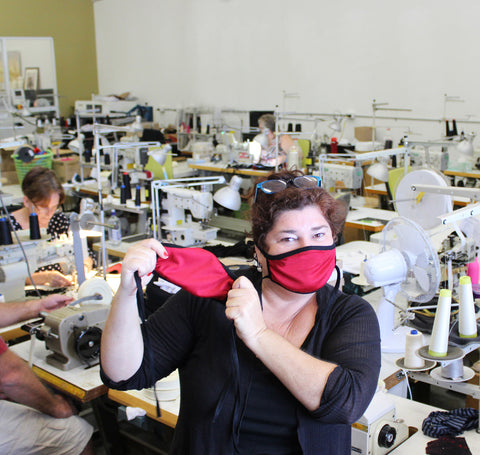
Kerrie and partner Mal, and their factory team at Shailer Park just south of Brisbane, just got a whole lot busier but their routine is the same – they go to work and they go home.
A country upbringing means they are used to lockdown and being prepared for anything, as well as applying skills for problem-solving, resilience and out-of-box thinking. This is a time when preparation meets opportunity, when their online business systems and protocols are coming into their own.
Merino Country is a diversified local business that thrives on niche product development. In addition to their world-renowned wool Wundies, they produce protective clothing for employees, health products for people with special requirements, easy-care travel wear and active wear.
They’re using what they have to make things happen at this time of need, pivoting to produce Merino Country wool face masks for personal (non-medical) protection. The style of their masks took just three days from development to sample trialing before being in production the following week.
Kerrie has been working with the Queensland Government and Dr John Fraser from Prince Charles Hospital who is leading an international team of medical specialists fighting COVID-19 and has been getting fabric tested at The University of Queensland.
“Mal and I are can-do country people and we don’t see that you ‘’can’t do” something. We love it when we have a problem and work backwards to find a solution. When people come to us looking for something we don’t already offer, we say what is it you need?’’
Kerrie grew up at ‘Clareborough’ in Richmond, north Queensland, in a family which makes things and makes things happen too. They are a family of leaders in their respective fields, with brother Glen Richards, founder of Green Cross Vets, entrepreneur and mentor on Channel 10’s Shark Tank and mother Sandra Richards nearly 80 and still innovating.
“Mum makes me tired with what she does! Her recent wood plastics project is amazing and it came about by solving problems. She’s creating a new product at the same time as reducing waste from her African mahogany tree plantation and agricultural plastics on local farms. She’s chair and founder of the QPlas business based in Bowen which will produce hardwood-based composite for building, flooring, fire-resistant products and railway sleepers.
“In business, we get where we are because we actually do things. We step up and give them a go. A lot of people don’t do that because they are too afraid to fail. We look at the worst possible scenario of what can go wrong, do a risk analysis and then do it. I love that saying – some people watch what happens, some make things happen, and some just wonder what happened.”
Kerrie says more manufacturing is coming back onshore and the number of clothing businesses manufacturing locally has increased in the past two years. Wearer attitudes are shifting to a smaller wardrobe of better quality, the buy once buy well approach, which is not exploitative or wasteful.
“We are working with a fibre that we grow here in Australia and works for Australian conditions. In a bushfire, drought, flood, or virus outbreak, a wool t-shirt will get you through all those. The properties of merino are so versatile and it’s a homegrown product so we should be doing more processing here.”
Early stage processing through to yarn stage went offshore in the mid to late 90s, and Kerrie was forced to travel to Europe and Japan to find alternative factories. But now she has a long-term goal to bring it back onshore and has spent the past 18 months looking at what can be done locally.
“Although our processing is still done offshore, our knitting and dyeing is done here and we are investigating options to have mobile processing done here so farmers can shear wool and clean it on-farm using an innovative bio-cleaning process. This is a first step towards self-sufficiency in fully local manufacturing,” Kerrie said.
“The wool supply chain is long and complex, the equipment involved at each stage is expensive at big scale. We are doing niche production at a micro level, but the bio-cleaning processing could be replicable if we can make it work for our business. The next stage to look at is local spinning, then we would be fully onshore.
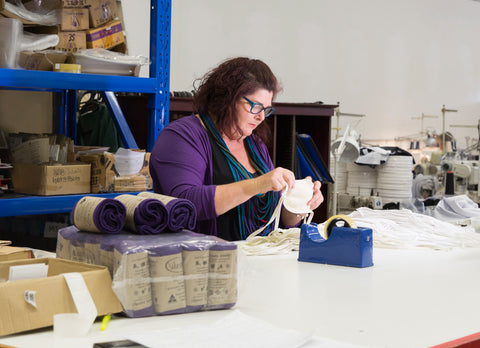
Although there’s very traditional thinking in wool industry and things have not changed in a long time, we have to think and do differently. We don’t have to do what’s always been done.
“We work with growers who want to have more control over their marketing and do more value-adding here in Australia, so we can be self-contained. We always looking for alternatives, different products, production methods and animal husbandry. We use all non-mulesed wool because it is ethical and in demand from conscious customers.
“Ï recently re-read my Nuffield report from 1998 about the potential for industry and individuals to value-add through provenance, where our product is from and its natural attributes. Queensland can grow wool that is naturally chemical-free, running animals in big open spaces without the problems of cold, wet weather down south. There is a marketing opportunity for Queensland product.’’
Economies of scale are the problem and bigger contracts are needed to make change happen. When contracts go offshore, supply chains can be fragile and vulnerable to interrupted availability.
“Like any small business, farming or manufacturing, you put in many hours that you never see a return on. It has taken a long time to get to where we are now and with the daily grind in the business, it is hard to get out of the business which is what you’ve got to do to innovate.”
Kerrie says one of their strategies for success is to treat big customers the same way as small customers, the same as they themselves want to be treated – responding promptly and providing quality product at a fair price.
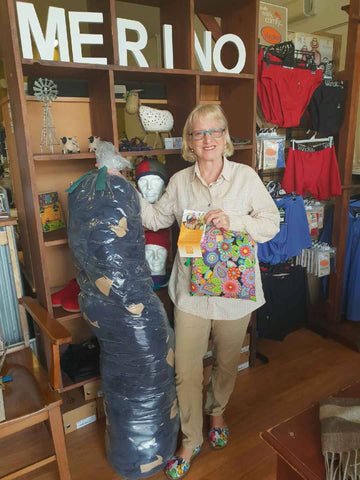
As a community-building initiative, Kerrie makes offcuts available for artists and craft groups and with 2020 being QCWA’s Year of Sheep she can dispatch bundles of wool offcut for upcycling into creative products if branches are able to cover the postage cost.
WHY WOOL? The natural properties of wool are many: anti-microbial, easy care and quick dry, naturally elastic, locally made, machine washable, moisture wicking, 100% natural and safe, no colour, plastic free, fire retardant, recyclable and biodegradable, SPF50+ protection, thermo-regulating, can be worn all year round. Kerrie is also introducing a naturals range, made with cotton label and thread, and with the rubber elastic fully encased.
Written by Jane Milburn, Textile Beat. This article was first published in Ruth magazine Issue 31 Winter 2020


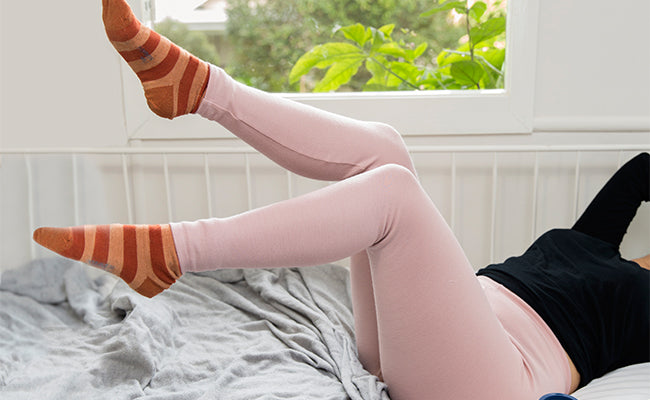
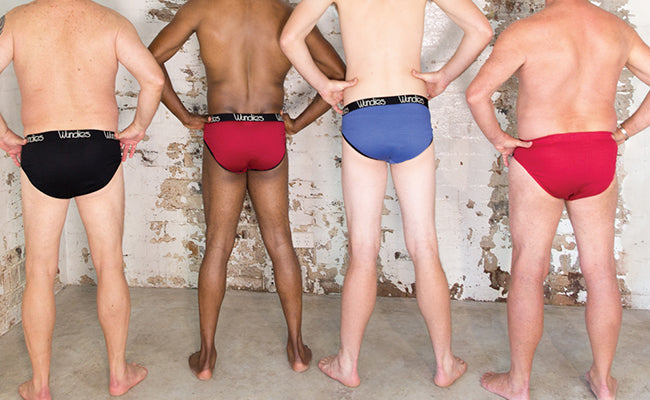
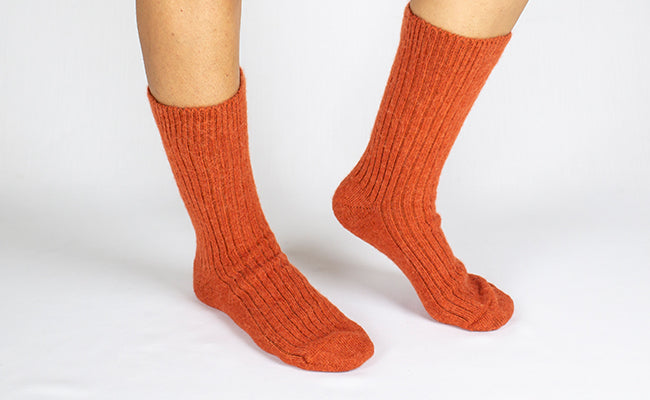
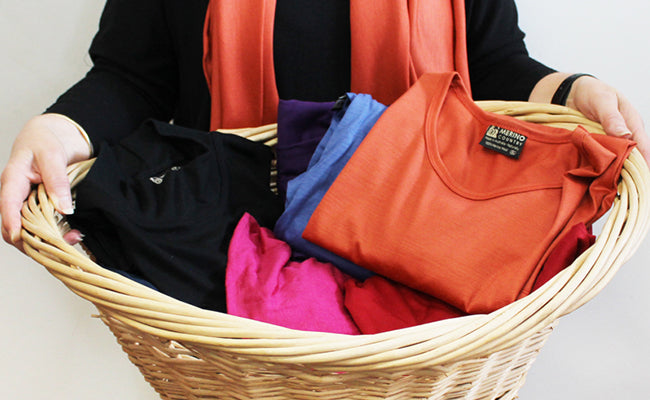
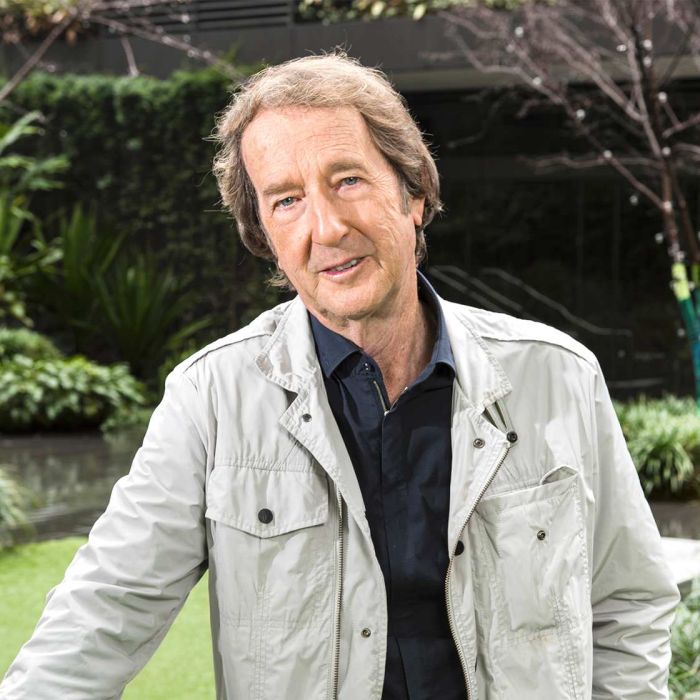
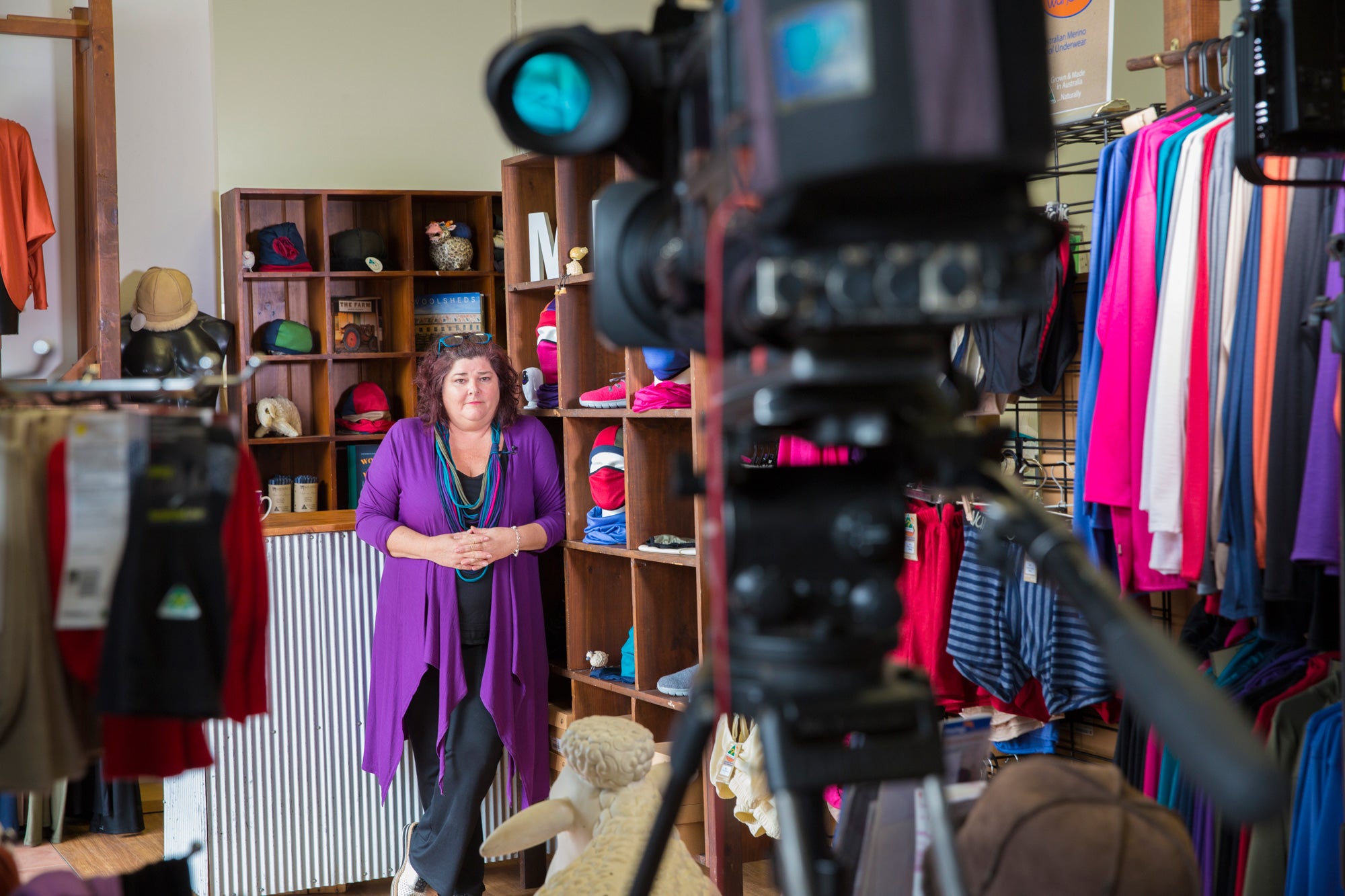

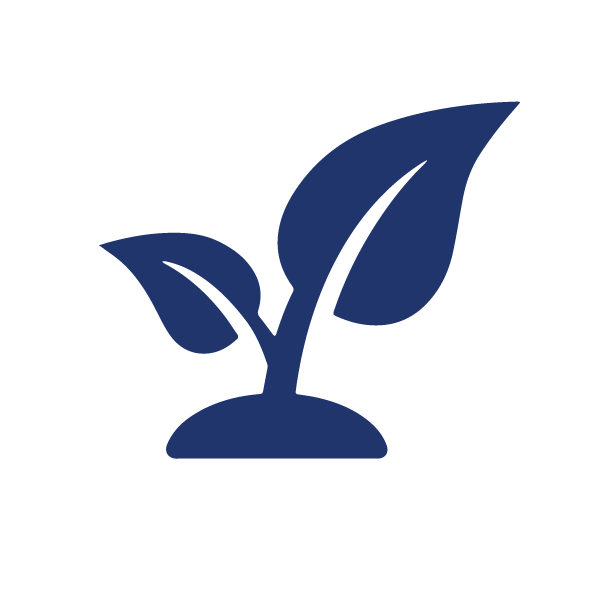

1 comment
Hi Kerry
Just caught your spot on Landline
So glad to see you are still going well after 25yrs in Paddo
I remember your first little store near the servo
Best of luck in the future
Cheers M
Mark
Leave a comment
This site is protected by hCaptcha and the hCaptcha Privacy Policy and Terms of Service apply.